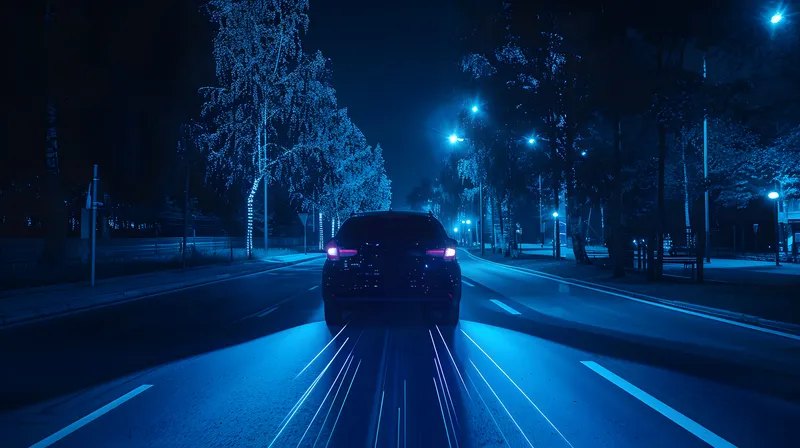Volvo Car Corporation has announced it is taking the next step in the company's electrification strategy by producing test cars with range extenders - electric cars that are fitted with a combustion engine to increase their effective range. The projects, supported by the Swedish Energy Agency and the EU, encompass three potential technology combinations. Tests of the various concepts will get under way in the first quarter of 2012.
April 19, 2012
Read time: 2 mins
RSS609 Volvo Car Corporation has announced it is taking the next step in the company's electrification strategy by producing test cars with range extenders - electric cars that are fitted with a combustion engine to increase their effective range. The projects, supported by the Swedish Energy Agency and the EU, encompass three potential technology combinations. Tests of the various concepts will get under way in the first quarter of 2012.
"This is an exciting expansion of our increasing focus on electrification. Battery cost and size mean that all-electric cars still have a relatively limited operating range. With the range extender, the electric car has its effective range increased by a thousand kilometres - yet with carbon dioxide emissions below or way below 50 g/km," says Derek Crabb, VP powertrain engineering at Volvo.
The company's technological developments in this area currently encompass three different technology combinations, with three-cylinder petrol engines being installed to complement electric drive to the front wheels. All the variants feature brake energy regeneration. The engines can run on both petrol and ethanol (E85).
Two of the solutions are based on the Volvo C30 Electric. In both cases, the standard battery pack has been somewhat reduced in size to make room for the combustion engine and its fuel tank.
"This is an exciting expansion of our increasing focus on electrification. Battery cost and size mean that all-electric cars still have a relatively limited operating range. With the range extender, the electric car has its effective range increased by a thousand kilometres - yet with carbon dioxide emissions below or way below 50 g/km," says Derek Crabb, VP powertrain engineering at Volvo.
The company's technological developments in this area currently encompass three different technology combinations, with three-cylinder petrol engines being installed to complement electric drive to the front wheels. All the variants feature brake energy regeneration. The engines can run on both petrol and ethanol (E85).
Two of the solutions are based on the Volvo C30 Electric. In both cases, the standard battery pack has been somewhat reduced in size to make room for the combustion engine and its fuel tank.









